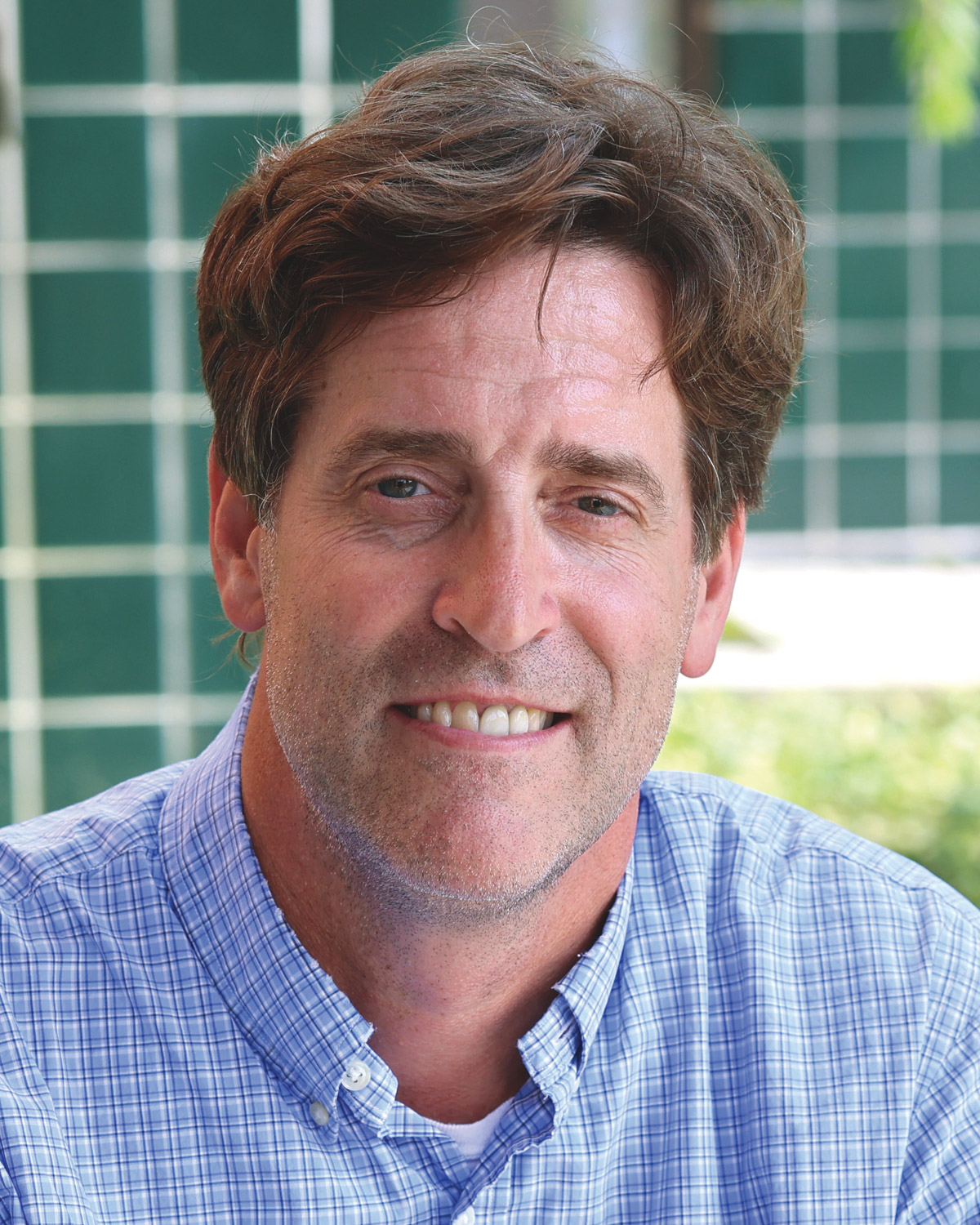David Fuller, Ph.D.
Professor of Physical Therapy and Associate Dean for Research
College of Public Health and Health Professions
2024 Awardee
David Fuller develops new treatments for diseases that impair the ability to breathe. A professor in the College of Public Health and Health Professions’ Department of Physical Therapy, he also works on understanding how the brain and spinal cord control respiratory muscles.
Fuller’s projects include developing gene therapy approaches for respiratory neuromuscular disorders; evolving oxygen-based therapies for minimizing tissue damage and promoting recovery after spinal cord injury; and understanding the spinal neural circuits that modulate respiratory motor output. Fuller’s work has been continuously funded since 2003 and he currently serves as the principal investigator on two National Institutes of Health grants studying rehabilitation after spinal cord injury and developing gene therapy approaches for Pompe disease, a genetic disorder that leads to muscle weakness and deterioration.
Over the last three decades, Fuller has published more than 150 manuscripts in major scientific journals with nearly 9,500 citations of his work. He also holds two patents.
Fuller directs an NIH-funded training program in neuromuscular plasticity and rehabilitation. He is active in mentoring and last year earned the college’s Doctoral Mentor of the Year award. Every doctoral student under Fuller’s guidance has published their dissertation in high-quality scientific journals, participated in multiple national or international scientific conferences and given numerous local scientific presentations.
He is the associate director of the UF Breathing Research and Therapeutics Center, a hub dedicated to understanding physiological challenges to respiratory motor control. The center also works to translate that knowledge into strategies for respiratory rehabilitation in devastating disorders that compromise breathing.
Fuller is a member of the editorial boards of Experimental Neurology and the Journal of Applied Physiology, and has served on multiple scientific advisory boards. In 2023, he was named a Fellow of the American Physiological Society, an honor for distinguished leaders who have demonstrated excellence in science and made significant contributions to the physiological sciences.


